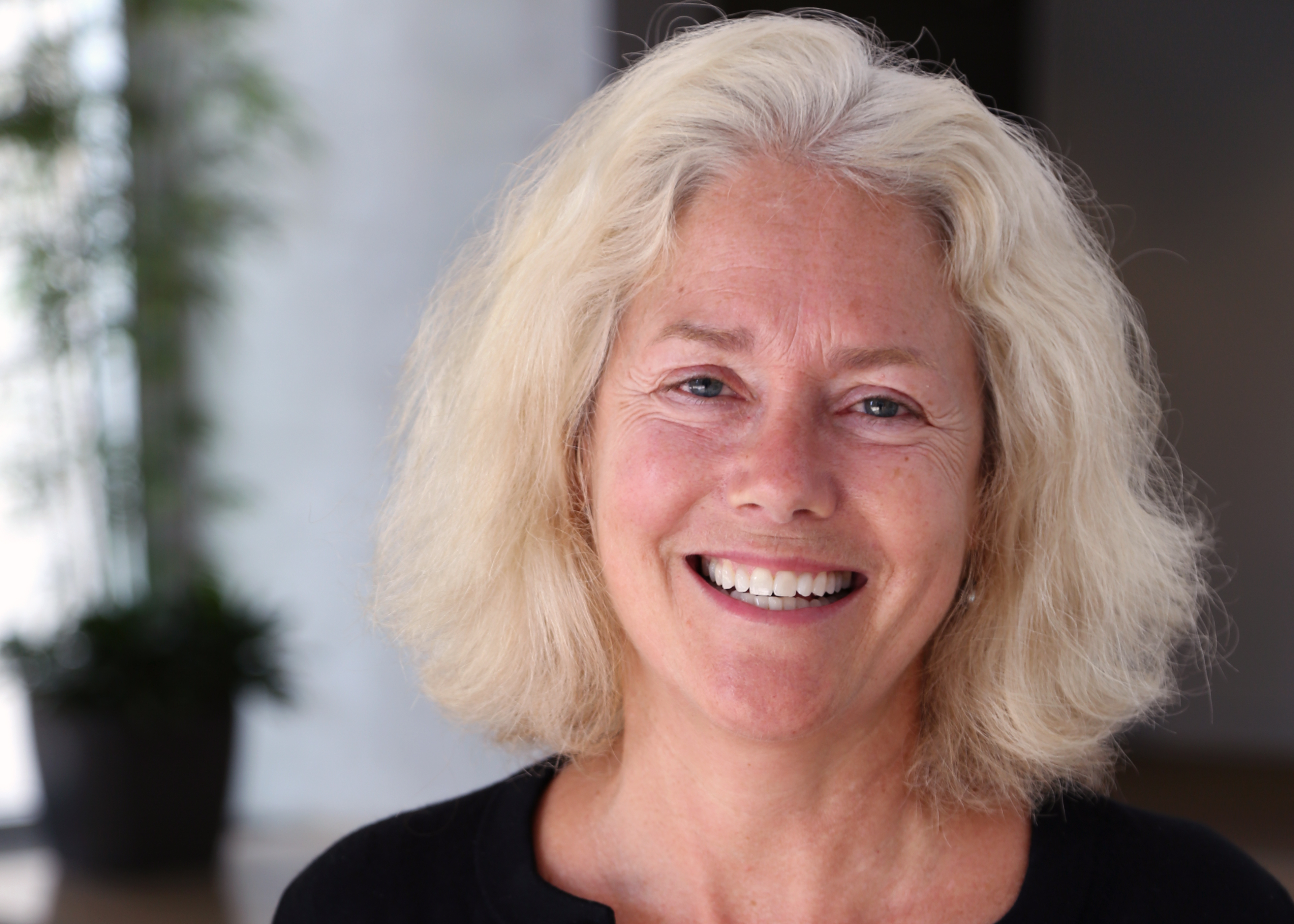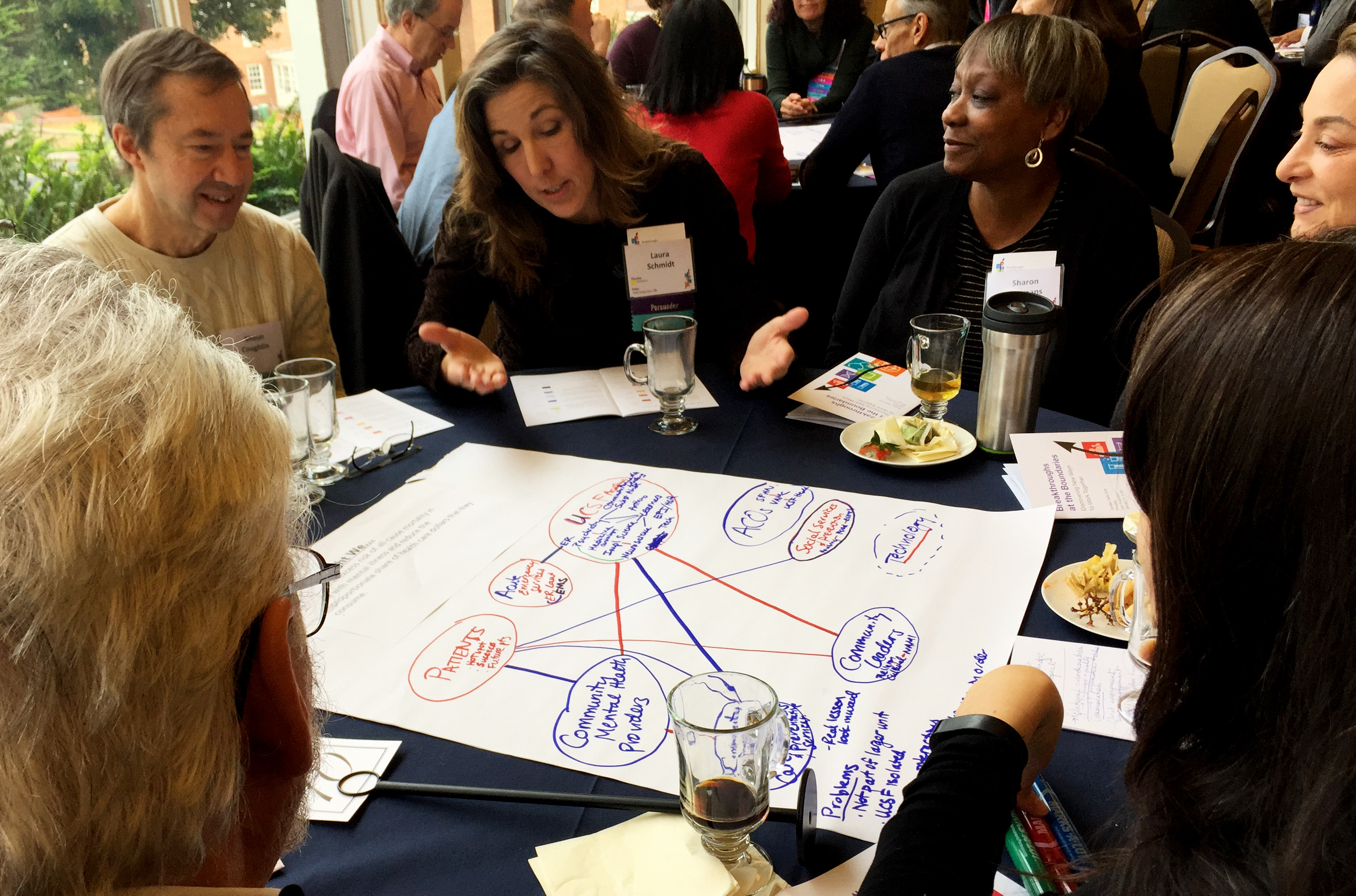
Over the past six months, professor Jody Hoffer Gittell has been presenting data and insights from her new book about relational coordination and culture change. The book, titled Transforming Relationships for High Performance: The Power of Relational Coordination, is forthcoming from Stanford University Press. Gittell’s relational coordination framework promotes the coordination of work across boundaries through relationships of shared goals, shared knowledge and mutual respect, supported by frequent, timely and accurate problem-solving communication. The Relational Coordination Research Collaborative, based at the Heller School, supports the diffusion of this model around the world.
Since the summer, Gittell has presented the relational coordination model to the U.S. Army, the American Association of Medical Colleges, the European Workplace Innovation Network and health care associations in North America and Europe. These national and transnational associations are increasingly interested in the model to meet the challenge of delivering higher quality health outcomes more efficiently, in partnership with co-workers and the citizens they serve.
The relational coordination model is beginning to gain traction for addressing a wide range of challenges that are central to the mission of the Heller School, beyond health care delivery. Heller PhD students and alumni are using relational coordination to solve a myriad of complex social challenges, such as gang violence, inclusion of immigrants and disengaged youth in K-12 education, inequities in early childhood education and addressing social and economic injustice. Colleagues in Denmark, Norway and Sweden are using the relational coordination model to care for elders safely at home, to prepare youth for job readiness, to retrain displaced workers and to integrate refugees into their communities.
The photo below shows participants creating relational coordination maps to address a range of complex social challenges.

